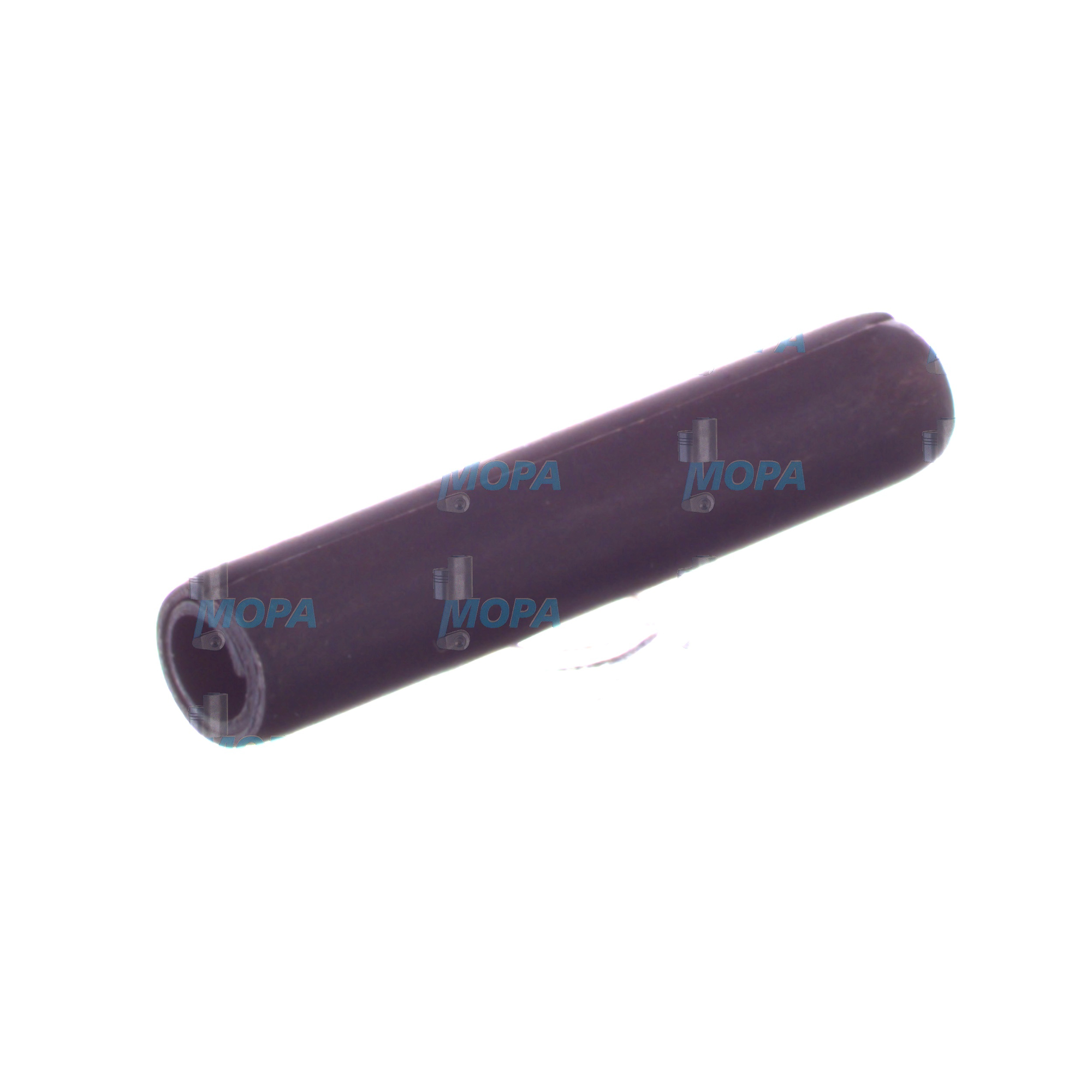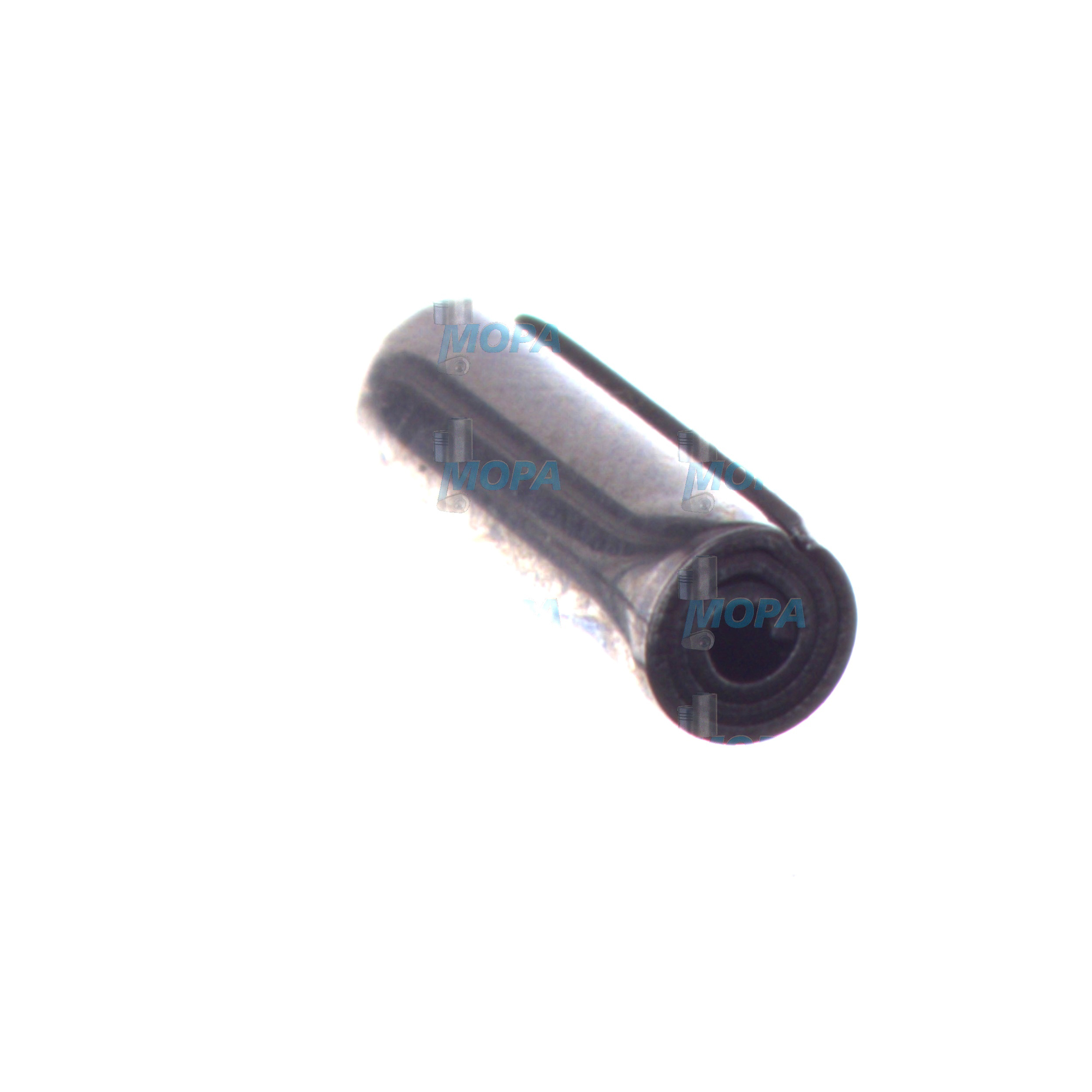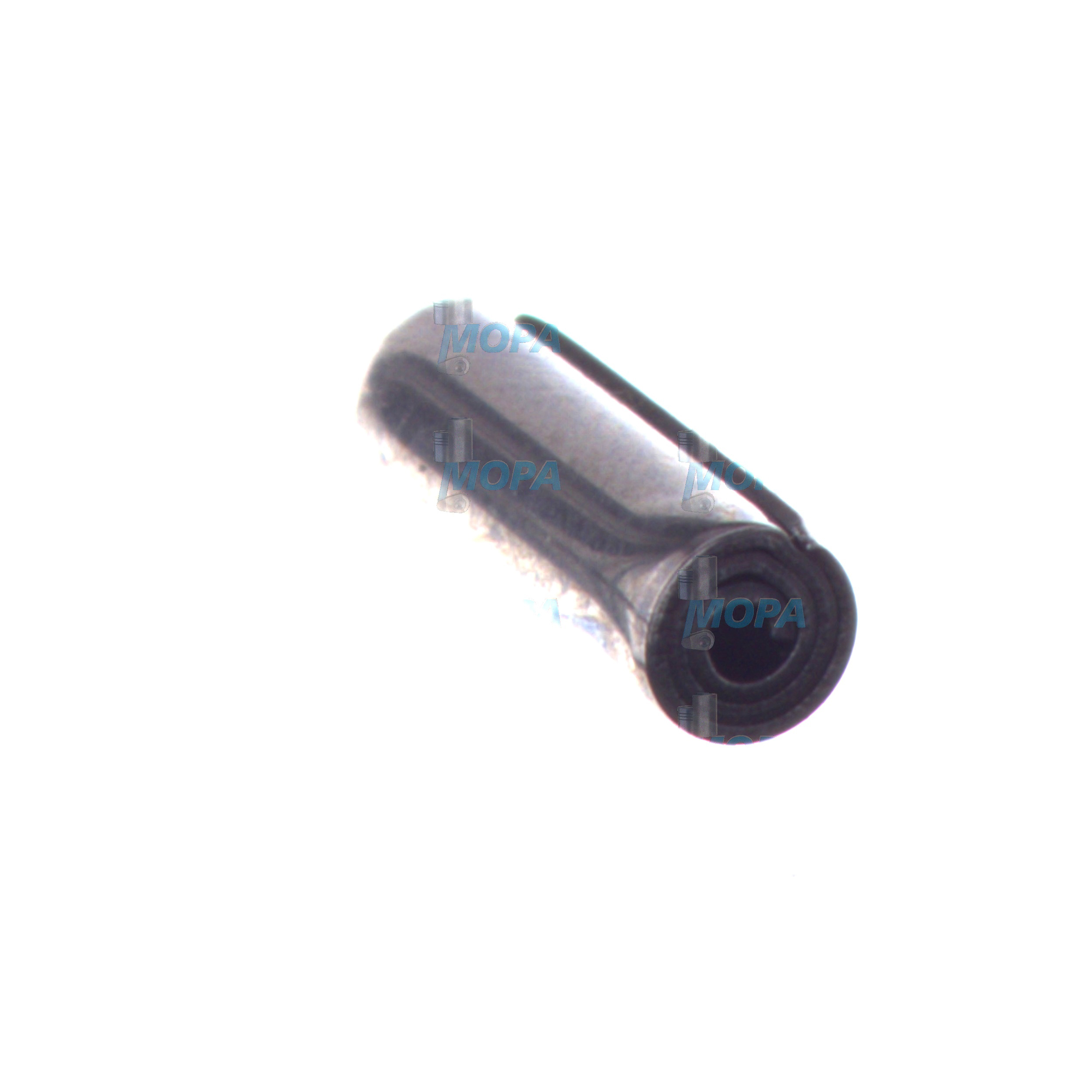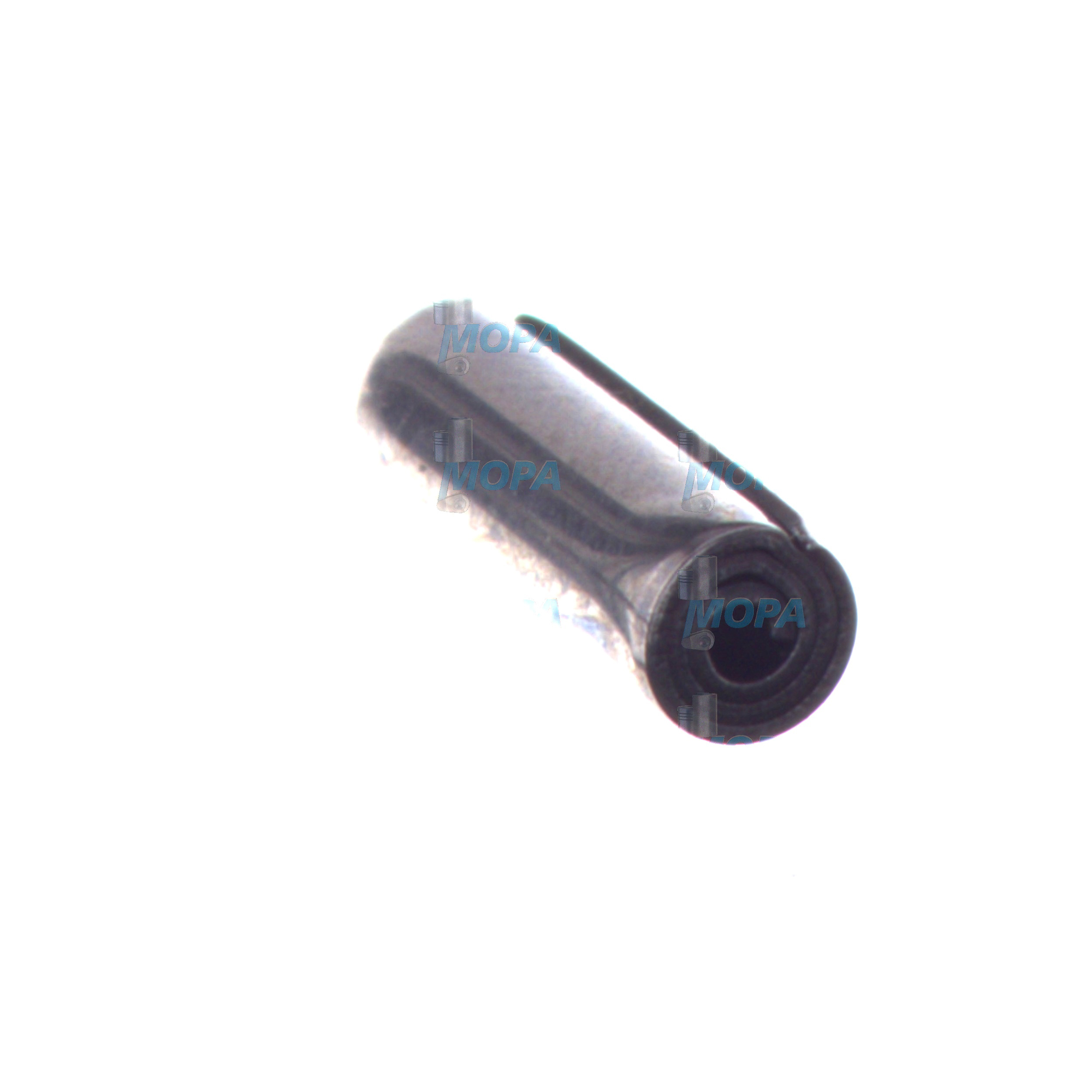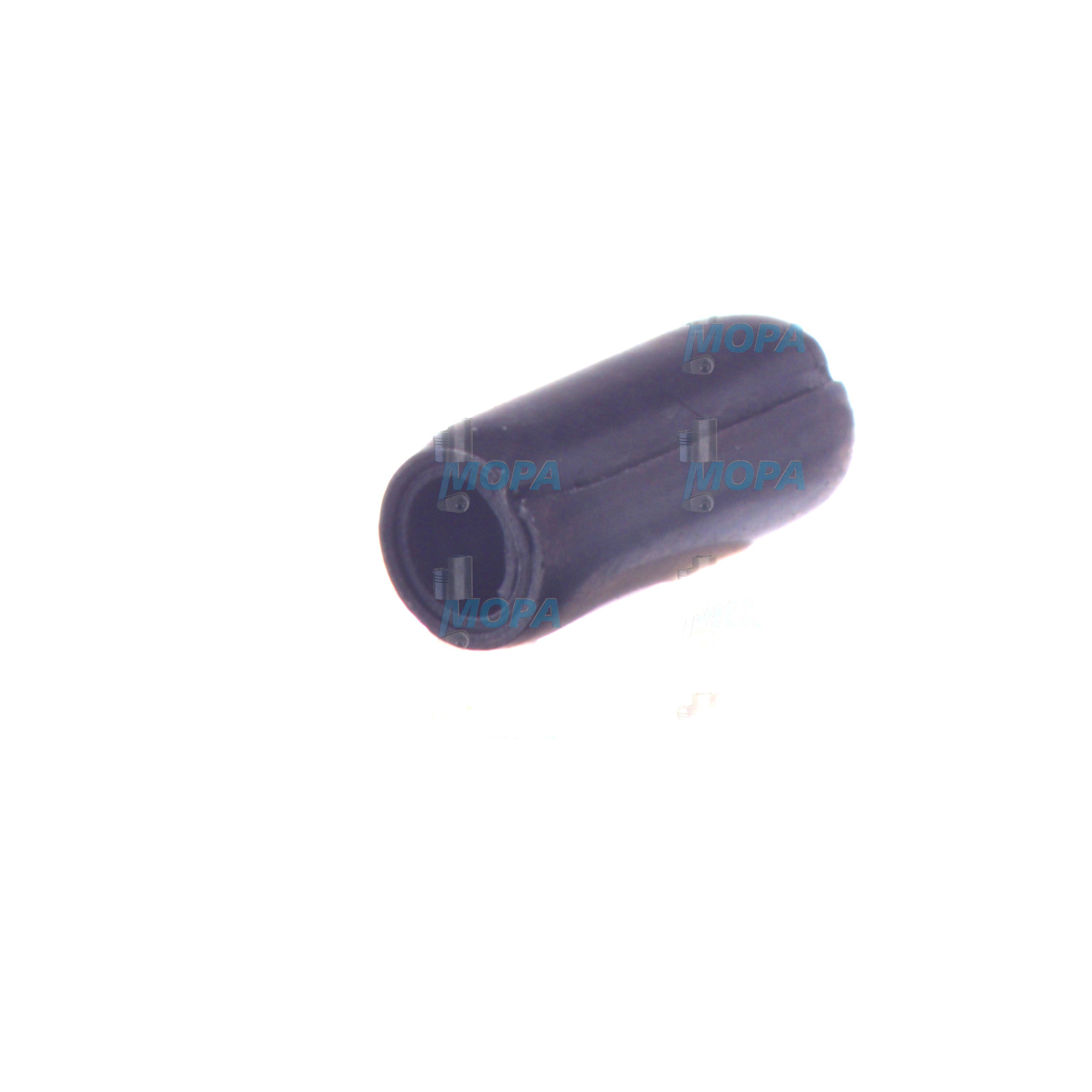SPIRAL DOWEL PIN connecting elements for diesel and gas engines
Connecting elements are the mechanical backbone of every engine assembly. They include bolts, nuts, washers, studs, pins, and precision dowels that align and clamp major components such as the crankcase, cylinder heads, cam carriers, timing gear housings, and auxiliary systems. In heavy-duty diesel and gas engines—especially in marine engine environments where vibration, thermal cycling, and salt-laden air are constant—these parts keep geometry stable and torque pathways intact. A SPIRAL DOWEL PIN is a highly effective example: it centers components and absorbs shock loads, safeguarding the engine’s dimensional accuracy under dynamic loads. Without reliable connecting elements, even the best-designed engine quickly drifts out of tolerance, with direct consequences for performance, efficiency, and safety.
Technical function of connecting elements with SPIRAL DOWEL PIN in marine engine and diesel engine applications
Connecting elements provide two core functions: clamping and locating. Clamping fasteners (such as main bearing cap bolts or cylinder head studs) apply a controlled preload to sustain alternating mechanical and thermal loads. Locating elements (such as dowels and pins) create precise, repeatable alignment between parts. The SPIRAL DOWEL PIN, often used where shock, vibration, or thermal expansion would challenge a solid dowel, is a coiled, resilient pin that distributes stresses more evenly and maintains interface accuracy. In a diesel engine timing gear case, for example, a SPIRAL DOWEL PIN can keep housings aligned during thermal growth, improving gear mesh and reducing noise and wear. In a marine engine accessory drive, spiral pins can center pump flanges and brackets while dampening micro-movements that lead to fretting.
Across the engine, connecting elements also protect sealing integrity. Proper alignment of cylinder heads to the block reduces shear on head gaskets; correct positioning of cam carriers maintains oil gallery alignment; precise doweling in turbocharger or charge-air cooler brackets prevents leakage at mating joints. When these parts conform to specification—material class, heat treatment, surface finish, and dimensional tolerances—load paths remain predictable, and the engine sustains its designed efficiencies under peak and part-load operation. Using SPIRAL DOWEL PIN OEM parts ensures the pin’s wall thickness, spring rate, and diameter sit within the required limits for reliable, repeatable assembly torque and positional accuracy.
- · Precise alignment of housings, gears, and shafts.
- · Stable clamping force across thermal cycles.
- · Vibration resistance and reduced fretting corrosion.
- · Dimensional tolerances for repeatable assembly.
- · Materials and heat treatments for high fatigue strength.
- · Corrosion protection suitable for marine environments.
- · Traceability and documentation for maintenance compliance.
How connecting elements and SPIRAL DOWEL PIN improve performance, efficiency, and safety
Performance gains come from stable geometry: aligned crankcase and gear trains minimize friction losses; correct injector clamp loads contribute to consistent combustion; true rotation of shafts reduces parasitic loads. Efficiency benefits follow—better sealing reduces blow-by and oil consumption, while proper gear alignment maintains timing integrity. Safety improves because components remain seated and aligned, reducing the risk of sudden failures tied to fatigue or loosening. In control linkages and speed governors, a SPIRAL DOWEL PIN diesel engine configuration can mitigate impact loads and prevent play, preserving precise control at all speeds.
Importance of connecting elements for reliable engine operation
Over time, thermal expansion, vibration, and corrosive atmospheres can degrade connecting elements. Loss of preload, thread damage, or-pin ovalization introduce misalignment that cascades into bigger issues: gear wear, seal failure, coolant or oil leaks, and accelerated bearing fatigue. A worn or poor-tolerance dowel allows parts to “walk,” generating fretting corrosion that increases clearance and reduces stiffness. Even small shifts at a joint can translate to significant timing deviations or shaft runout downstream. In marine engine service, salt-induced corrosion can further reduce cross-section and fatigue life. Keeping connecting elements—including SPIRAL DOWEL PIN locations—within specification is therefore crucial to protect uptime, extend overhaul intervals, and avoid costly unplanned stops.
Advantages of OEM spare parts suitable for connecting elements and SPIRAL DOWEL PIN OEM parts
For connecting elements, dimensional accuracy and metallurgical consistency are non-negotiable. OEM spare parts suitable for this category provide the fit, strength, and surface condition required by the engine design. That precision translates directly into lower lifecycle costs because assemblies go together without rework, maintain preload over time, and deliver stable alignment between overhauls. With SPIRAL DOWEL PIN OEM parts, the coiling geometry, wall thickness, and heat treatment are matched to the joint’s stiffness and expected shock loads, ensuring reliable seating and controlled interference in the bore. Documentation and batch traceability support class and internal QA requirements, while corrosion-resistant finishes protect in humid or saline environments. The result is predictable performance, reliable operation, and fewer repeat interventions.
Why decision-makers choose OEM spare parts for connecting elements
Purchasers and technical managers prioritize risk reduction and total cost of ownership. Accurate connecting elements minimize assembly risk, prevent premature wear, and reduce the need for corrective maintenance. The right SPIRAL DOWEL PIN marine engine selection, for instance, protects housings from elongation and helps maintain seal integrity—an immediate saving compared to repeated gasket replacements and downtime. Standardized dimensions also accelerate overhauls, improving dock or yard turnaround times.
MOPA: a reliable partner for OEM parts in connecting elements
MOPA supplies OEM spare parts for connecting elements—including bolts, studs, washers, dowels, and SPIRAL DOWEL PIN solutions—for a wide range of diesel and gas engines. Customers value fast response, consistent quality, and secure transactions. MOPA supports urgent deliveries for critical-path jobs, provides documentation such as material certificates and batch traceability, and helps teams select the correct specification for each joint. Whether you are coordinating a planned dry-dock, a bridge powerplant maintenance window, or an emergency overhaul, MOPA streamlines procurement with knowledgeable support and dependable logistics.
Conclusion: connecting elements and SPIRAL DOWEL PIN in focus
Connecting elements are fundamental to engine integrity, from precise alignment to sustained clamping under severe duty. Specified SPIRAL DOWEL PIN components add resilience against shock and vibration, keeping assemblies true and efficient. Choosing OEM spare parts suitable for connecting elements protects performance, reliability, budget, and service life—backed by MOPA’s speed, quality, and secure supply for diesel and gas engines.


